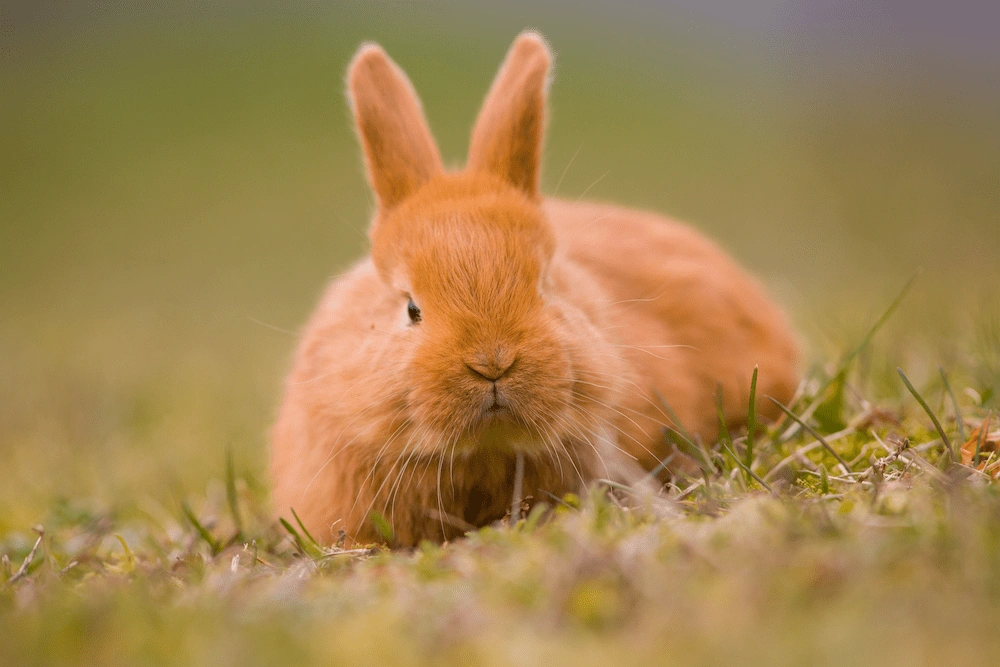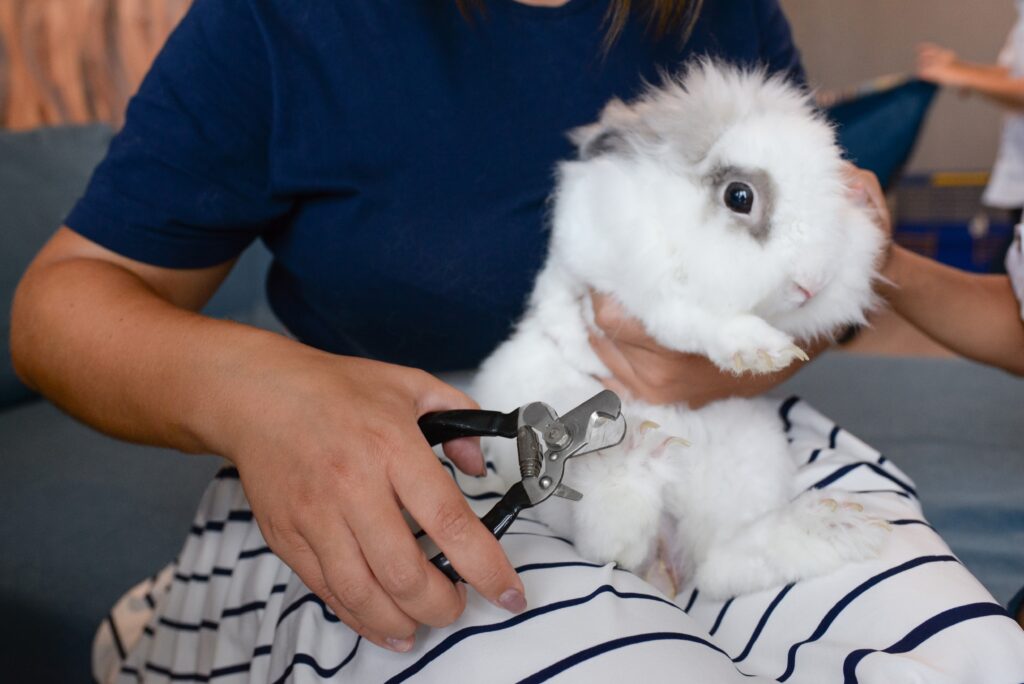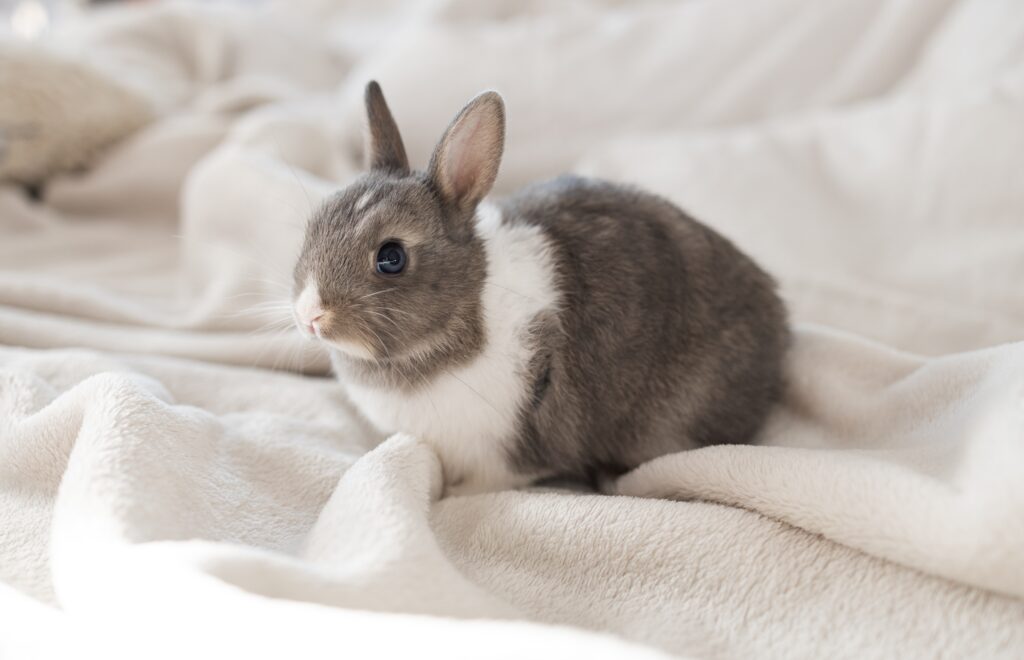5 Types of Rabbit Temperaments and How Boarding Centres Handle Them

Rabbits, like humans, each have their own unique personalities. Some are shy, while others are curious or territorial. Understanding these differences is essential, especially when it comes to choosing the right rabbit boarding services.
Whether your bunny is cuddly or independent, knowing how rabbit boarding in Singapore caters to different temperaments can help you feel confident about their care while you’re away. Well-managed rabbit pet boarding ensures your furry friend is kept safe, happy, and treated according to their specific needs.
Why Temperament Matters in Rabbit Boarding
Just as people prefer different environments, rabbits respond differently based on their temperament. Boarding centres that recognise and adapt to these traits can provide a safer, more comfortable experience for every bunny. According to the RSPCA, rabbits are sensitive animals that require both physical and emotional care, especially when they are in unfamiliar surroundings.
Let’s take a closer look at five common rabbit personalities and how boarding facilities handle them with care.
1. The Shy or Timid Rabbit
Shy rabbits often hide, avoid being touched, and may appear nervous in new environments. Loud noises or sudden movements can easily scare them.
How boarding centres help:
- Provide quiet enclosures away from busy areas
- Limit handling in the beginning
- Allow the rabbit to approach on its own terms
- Use gentle voices and slow movements to build trust
Many facilities also give shy rabbits hideouts like tunnels or boxes so they feel secure.
2. The Curious and Active Rabbit
These bunnies are full of energy! They love to explore, jump, and play with toys. Without enough stimulation, they can become bored or frustrated.
How boarding centres help:
- Offer supervised playtime in safe spaces
- Provide tunnels, chew toys, and digging areas
- Rotate toys to keep the environment exciting
- Use secure fences to allow hopping and exploration
As House Rabbit Society Singapore explains, active rabbits need both mental and physical stimulation to stay healthy and happy.
3. The Territorial Rabbit
Some rabbits are very protective of their space. They may grunt, thump, or even nip if someone enters their area uninvited.
How boarding centres help:
- Assign private enclosures to avoid territorial disputes
- Train staff to approach cautiously and respectfully
- Avoid unnecessary handling
- Let the rabbit adjust to a routine without interference
Understanding body language is key in handling territorial rabbits safely and calmly.
4. The Affectionate Rabbit
Affectionate rabbits seek out attention and may follow carers around. They enjoy cuddles, grooming, and companionship.
How boarding centres help:
- Spend regular time with the rabbit in a calm environment
- Provide comfort items like their own blanket or toy
- Allow gentle handling and bonding with trusted staff
- Ensure one-on-one time during feeding or play
These rabbits benefit from consistency and human connection, especially when away from their owners.
5. The Independent Rabbit
Some bunnies just like being left alone. They’re not unfriendly, but they value their personal space and routine.
How boarding centres help:
- Keep interaction minimal unless necessary
- Offer calm and predictable routines
- Observe from a distance to ensure well-being
- Respect the rabbit’s pace and avoid forced socialisation
According to Blue Cross UK, independent rabbits still need attention, but on their own terms.
Tailored Boarding in Singapore
Many rabbit pet boarding centres in Singapore now design their services around a rabbit’s specific needs. This includes:
- Specialised training for carers in rabbit behaviour
- Private and well-ventilated enclosures
- Quiet areas for nervous rabbits and play zones for active ones
- Daily health checks and grooming support
By tailoring their care, these centres ensure each rabbit feels safe, stimulated, and well looked after.
Tailored Care for Every Bunny – The Samlex SG Way
At Samlex SG, we understand that no two rabbits are the same. That’s why our rabbit boarding services are customised to match your pet’s temperament. Whether your rabbit is shy, active, territorial, or simply prefers its own space, our dedicated staff are trained to provide the best care possible.
From one-on-one bonding time to secure and peaceful spaces, Samlex SG’s rabbit boarding in Singapore is all about comfort, safety, and respect. Your rabbit’s happiness is always our priority, and we aim to create a boarding experience that feels just like home.


